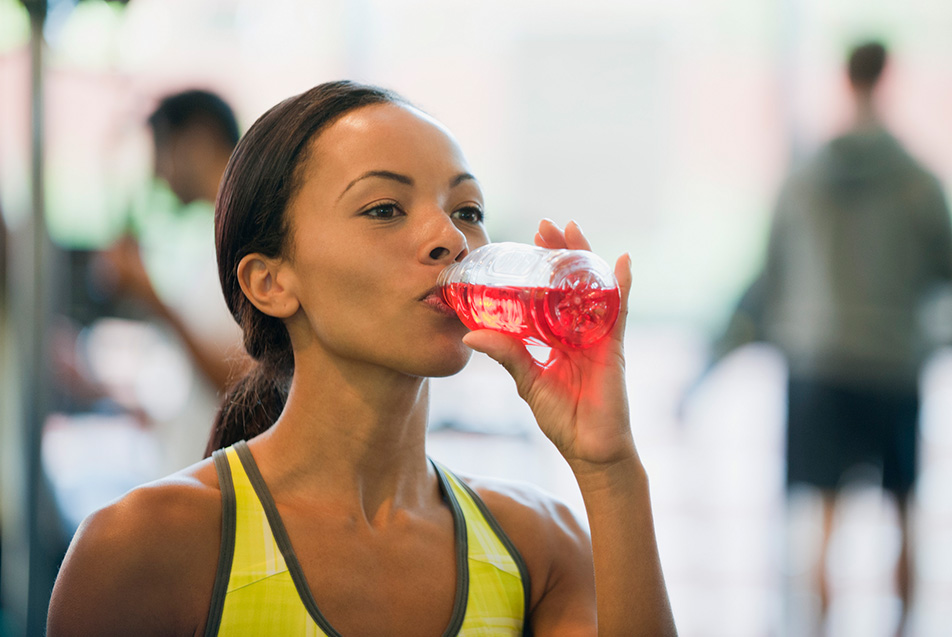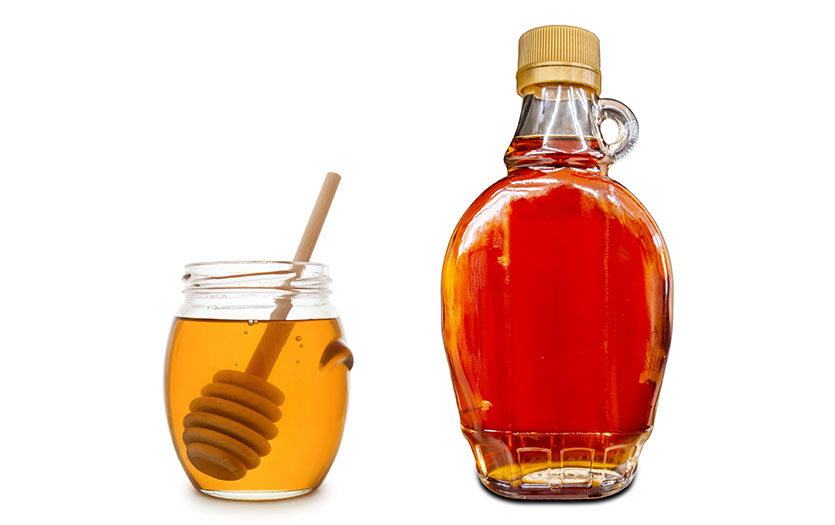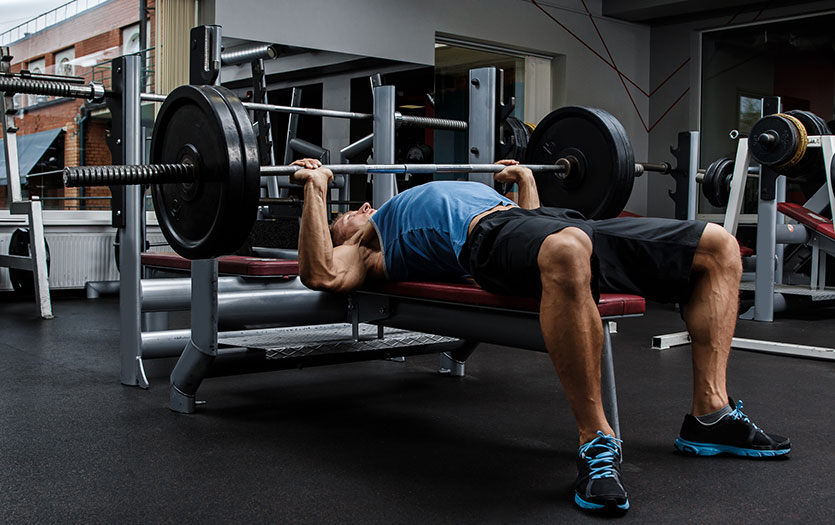
Enjoy this post by Beth Herrell, care navigator supervisor, Parkview Sports Medicine.
Aerobic endurance athletes can benefit from the use of carbohydrate-electrolyte sports beverages. These products – such as Gatorade®, Powerade® and Cytomax® – help increase performance by replacing fluid, sodium and sugar that is lost during exercise. Research has found that physiological benefits occur when carbohydrate-electrolyte drinks are consumed during exercise that lasts longer than 60 minutes.
Sports drinks not only aid in the prevention of fluid loss and dehydration, but they have also been found to diminish fatigue, replace carbohydrates and support the body’s ability to maintain an internal core temperature during prolonged exercise. Sweat loss in endurance athletes can range from 1.2-1.7 liters of bodily fluid per hour, which is approximately 2 percent loss in body weight in a 154-pound athlete. Some individuals experience excessive sweat loss, with the highest documented at 4.5 liters per hour.
Studies show that a decrease in body weight due to fluid loss at as little as 1 percent can lead to excessive stress on the cardiovascular system by increasing the heart rate and decreasing the ability to release heat from the body. Therefore, aerobic endurance performance decreases and is impaired with only a 2 percent decrease in body weight due to fluid loss.
Carbohydrates are also lost during exercise. Approximately 60 grams of carbohydrates combine with oxygen every hour to produce energy for the body. The body can only store enough glucose to sustain 60-90 minutes of moderate intensity exercise before carbohydrate stores become depleted. Performance will decrease as an athlete experiences the loss of fluids, sodium and carbohydrates during prolonged exercise.
The majority of the carbohydrate-electrolyte beverages contain approximately 50-110 milligrams of sodium, and 13-19 grams of carbohydrates. Consuming 30-60 grams of carbohydrates an hour during exercise in any form, except fructose, has been found to increase the time to exhaustion. This means ingesting sports drinks during prolonged exercise allows the body to use less internal carbohydrate stores and therefore can reduce fatigue during exercise.
An athlete should not consume carbohydrates in the form of fructose alone, because it has been found to decrease performance, cause gastrointestinal distress and has a lower rate of glycogen resynthesis.
Carbohydrate-electrolyte beverages are relatively safe with no known side effects other than the negative side effects of fructose. Research has found sport drinks to be one of the best ergogenic aids for endurance athletes. These beverages not only support performance, but can also prevent abnormally low sodium, heat exhaustion, and heat stroke, by maintaining electrolyte balances and water in the body.
Sources
(1) Campbell, B. I., & Spano, M. A. (2011). NSCA’s guide to sport and exercise nutrition. Champaign, IL: Human Kinetics.
(2) Kerksick, C. & Roberts, M. (2010). Supplements for endurance athletes. Strength and Conditioning Journal, 32(1), 55-64.



